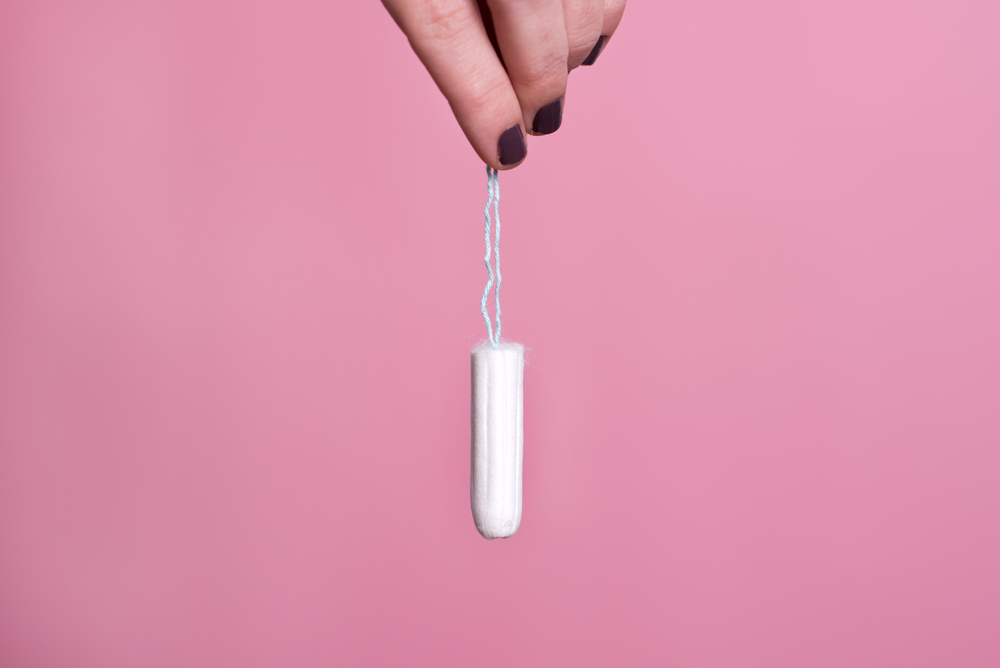According to a study by Plan International, one in ten Dutch women aged 12 to 25 at times cannot afford menstrual hygiene products. An outcome that shocked Communication, Health and Life Sciences student Anne Walther. She believes that tampons and pads should simply be available at the university, just like other hygiene products like toilet paper and soap. She is therefore launching a campaign to ensure that each reception of the educational buildings always has hygiene products available. This is also useful in case of an unexpected period when one does not carry anything with them.

A matter of money
Being on your period is no fun, especially if your month regularly lasts longer than your money. Recent research (in Dutch) has shown that period poverty is also an oft occurring problem in the Netherlands. Almost ten percent of women sometimes cannot afford to buy menstrual hygiene products or have to borrow money to do so; about six percent indicated they are sometimes unable to buy other groceries because these products take precedence.
Do Wageningen students also suffer from this? Anne: ‘I cannot say for sure, because it is not an often-discussed topic. The Netherlands is generally quite expensive. As a student, one often has to mind their expenses around the end of the month to be able to make ends meet; one just wouldn’t want to have to make a choice between paying for food or buying hygiene products. I can imagine that international students might find it even more difficult. When one’s parents have to do their utmost best to pay for one’s studies, these expenses weigh heavily.’
No need to ask
Anne wants to set up a crowdfunding campaign at the start of 2020 to make a “period box” available at each reception of the educational buildings, where students can get the hygiene products without needing to ask for them. Not just for students who cannot afford it, but also for people with an unexpected period. ‘I hope the university will be willing to contribute to this. After all, they also ensure that toilet paper and bandages are available. This is not essentially different; having one’s period is not a choice.’ Anne does not yet exactly know what the campaign will look like, but it needs to be visible. ‘Having one’s period is often something that is kept to oneself. Nobody talks about it, and many people find it a difficult subject. But many women don’t feel too well when they are on their period, and that also affects their study performance. That is a topic that would be good to discuss more often.’
Not available anywhere
A short tour of various receptions shows that menstrual hygiene products aren’t available anywhere at the moment. ‘There used to be vending machines in the lavatories, but those also disappeared’, says the receptionist at the Forum. ‘I don’t know why, because I know the staff would also be very happy if products were available in the educational buildings.’

 Foto: Shutterstock
Foto: Shutterstock